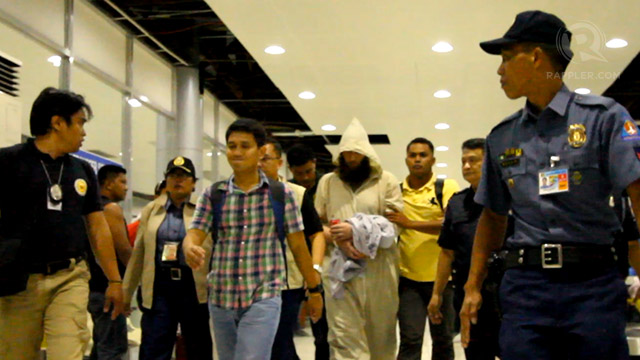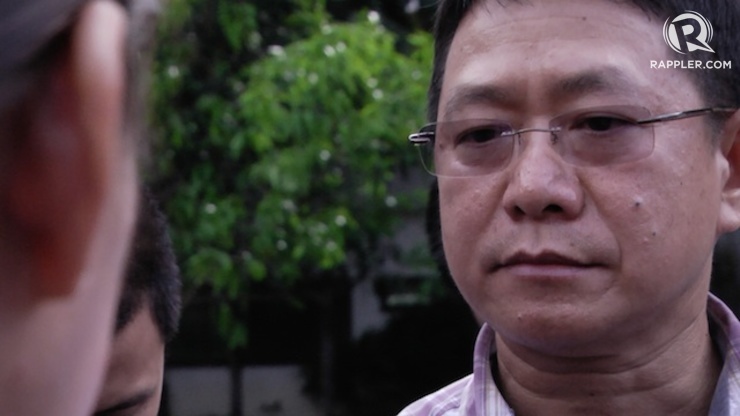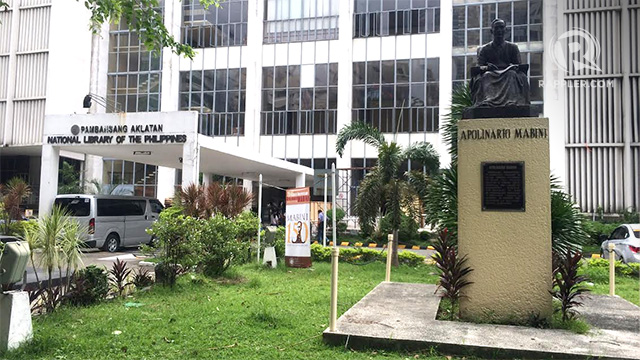A worker of the Humanitarian Emergency Assistance and Response Team examines one of the 10 villagers trapped and wounded in Monday's crossfire between soldiers and members of the outlawed Bangsamoro Islamic Freedom Fighters at the border of Maguindanao's Datu Piang and Shariff Saidona towns. JOHN UNSON
Three of the 10 civilians wounded in Monday’s crossfire between soldiers and the Bangsamoro Islamic Freedom Fighters (BIFF) have been evacuated to a hospital while the rest refused to leave their homes for fear of being tagged as bandits by the military.
Laisa Alamia, executive secretary of the Autonomous Region in Muslim Mindanao, said workers of the ARMM’s Humanitarian Emergency Assistance and Response Team (HEART) managed to convince three of the injured civilians to seek medical attention at a hospital in Cotabato City.
HEART workers on Tuesday facilitated the return of Andiale Gumandal, 35; Mohamidin Umal, 17; and Kingaw Umal, 40 to their village at the border of Maguindanao’s Datu Piang and Shariff Saidona towns, scene of Monday’s deadly BIFF-Army encounters.
The HEART said that the International Committee of the Red Cross, which has an office in Cotabato City, paid for the hospital bills of the three villagers.
The office of the ARMM Regional Health Secretary Kadil Sinolinding Jr. provided the injured civilians with free pain relievers and antibiotics for their wounds, according to the HEART.
Tension remained high in the surroundings of the adjoining villages of Barangay Damablas in Datu Piang town and Barangay Ganta in Shariff Saidona, since Monday’s clash.
The firefights erupted when BIFF bandits surrounded Army positions in the area.
Local government units in Maguindanao are bracing for possible diversionary attacks by the other members of the BIFF while the attackers of the Army detachments are being pursued by the military.
Meanwhile, a group of BIFF bandits had planted a powerful roadside bomb along a farm-to-market road in nearby Barangay Katiku in President Quirino town in Sultan Kudarat province.
The explosive, fashioned from a live 81 millimeter mortar projectile rigged with a battery-operated blasting mechanism attached to a mobile phone, was promptly deactivated by Army bomb experts after learning of its presence in the area from farmers.
http://www.philstar.com/headlines/2014/07/22/1349073/tension-still-high-maguindanao-villages-after-biff-attacks




